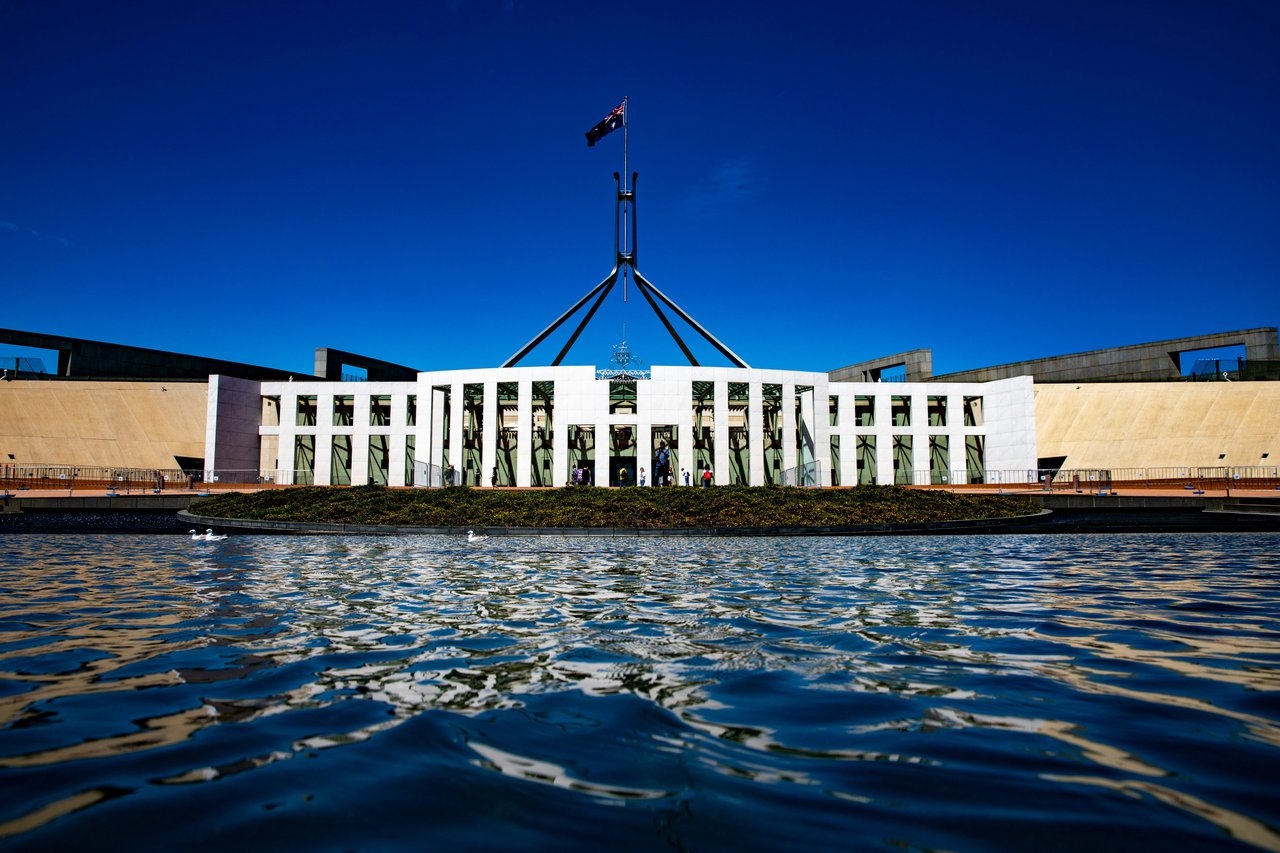International Justice Mission Supports Stronger Sentences for the Online Sexual Exploitation of Children

27 October 2025
International Justice Mission (IJM) Australia supports the Crimes Amendment (Mandatory Minimum Sentences for Child Sexual Abuse) Bill 2025 introduced into the House of Representatives today by the Member for Berowra, Julian Leeser MP, with the second reading speech delivered by Shadow Attorney-General Andrew Wallace MP.
This bill seeks to strengthen judicial sentences for existing Commonwealth criminal offences relating to the online sexual exploitation of children by harmonising mandatory minimum sentencing provisions already in place for contact offences with online sexual offences against children as set out in the Criminal Code Act 1995 (Cth).
Under this bill, the Crimes Act 1914 (Cth) would be amended to introduce mandatory minimum sentences of 5 years for first time offences and 6 years where there have been prior convictions for existing Criminal Code offences including:
- 471.19(1) and (2) – Using a postal or similar service for child abuse material
- 471.20(1) – Possessing, controlling, producing, supplying or obtaining child abuse material or use through a postal or similar service
- 474.22(1) – Using a carriage service for child abuse material
- 474.22A(1) – Possessing or controlling child abuse material obtained or accessed using a carriage service
- 474.23(1) – Possessing, controlling, producing, supplying or obtaining child abuse material for use through a carriage service
The bill also seeks to restrict the issuing of recognizance release orders for Commonwealth child sex offences, unless the court is satisfied that exceptional circumstances exist.
IJM Australia CEO David Braga said, “The Australian Parliament should ensure that offenders who sexually abuse children online by directing and paying for child abuse in livestreamed video calls are held accountable through sentences that reflect the gravity of their crimes and provide justice for survivors.”
Recognising that mandatory minimum sentences are already in place for contact child sexual abuse offences, the Australian Parliament should not discriminate between the harm caused by online or in person offences and extend mandatory minimum sentences for online offences involving child sexual abuse material.
“Sentences that fit the crime will provide justice for survivors and protect children globally from online sexual exploitation by disrupting and restraining offenders in Australia,” Mr Braga said.
Whilst strengthening sentences for online child sex offences under Australian law is an important part of countering internet crimes against children, the reality is that mandatory minimum sentences for convicted child sex offenders will only apply to the minority of offenders who are identified by law enforcement in the first instance.
A comprehensive legislative response to preventing online child sex offences would require tech companies to deploy existing user privacy protective technology that detects and disrupts livestreamed child sexual abuse material in the Online Safety Act 2021 (Cth).
The eSafety Commissioner’s August 2025 transparency report revealed that between June and December 2024 Apple (FaceTime), Discord, Google (Meets), Meta (Facebook Messenger), Microsoft (Teams), Skype, Snap and WhatsApp (video calls) did not have technology in place to protect children from child sexual abuse streamed live in video calls on their platforms despite the availability of technology to detect and disrupt this content from being rendered.
IJM is in favour of the Rickard review’s proposed digital duty of care for digital platforms, tabled by the former Minister for Communications in October 2024 and calls for bipartisan support of this recommendation. Whilst Labor, the Coalition and the Greens have made positive comments about this policy, the proposed legislation is yet to be released, and the Parliament should take this forward with more urgency.
“In addition to stronger sentences for Commonwealth child sex offences, the Australian Parliament should legislate a digital duty of care that requires tech companies across the tech stack, including the lowest common denominator of device and operating system manufacturers, to detect and disrupt child sexual abuse material on their platforms and products, including in livestreamed video calls,” Mr Braga said.
<ENDS>
Media Contact: Briony Camp | [email protected] | 0468 308 696
About OSEC
Online sexual exploitation of children (OSEC) is a form of sex trafficking where children are sexually abused by traffickers who then spread or sell images or videos of the exploitation online—even livestreaming the abuse for sex offenders to direct from anywhere in the world.
Remote child sex offenders, including in Australia, use everyday video chat apps and international money remittance services to view, direct and pay for livestreamed child sexual abuse of children, facilitated by local traffickers in hot spot countries like the Philippines.
IJM’s prevalence study found that in 2022 alone almost half a million or 1 in 100 children in the Philippines were trafficked to produce new child sexual abuse materials.[1]
On a per capita basis, Australia was the highest sender of suspicious transaction reports to the Philippines related to child sexual abuse material over 2020 – 2022, according to the Philippine Anti-Money Laundering Council[2].
About IJM
International Justice Mission (IJM) is a global organisation that protects people in poverty from violence. Since 2011, IJM has partnered with the Philippine government and other local partners to combat the online sexual exploitation of children including by partnering with law enforcement and justice system officials to rescue victims, hold perpetrators to account, and restore survivors to safety and strength.
[1] IJM (October 2023) Scale of Harm. Available from: https://assets-sea.ijm.org/documents/IJM_Scale_of_Harm_2023_Full_Report_5f292593a9.pdf
[2] Philippine Anti-Money Laundering Council (April 2023) Online Sexual Abuse and Exploitation of Children in the Philippines. Available from: http://www.amlc.gov.ph/images/PDFs/Main/Online%20Sexual%20Abuse%20and%20Exploitation%20of%20Children%20in%20the%20Philippines.pdf